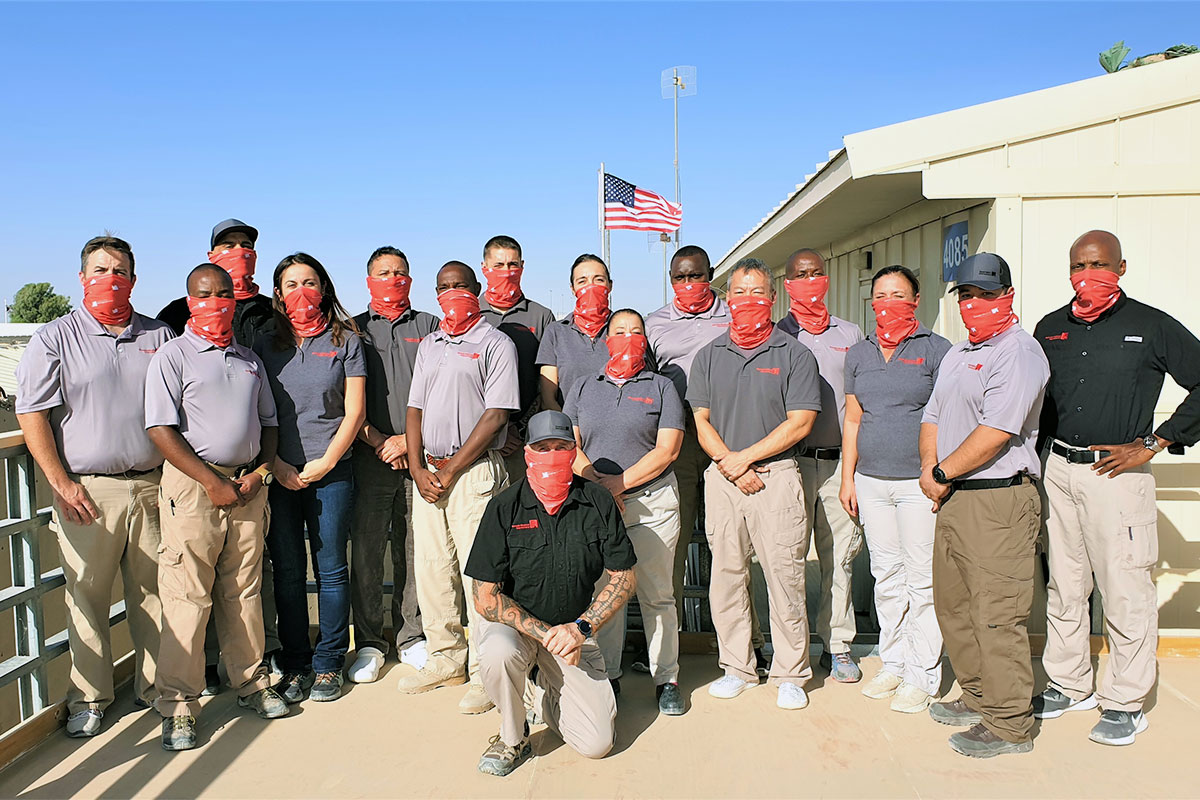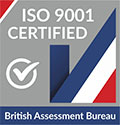How would it feel to be able to:
- help a friend that was choking?
- stabilize a car crash victim’s spine to prevent further damage or paralysis?
- manage a person having a diabetic emergency?
- tell the difference between a bad bruise and a broken bone?
These skills can all be learned in a basic Wilderness First Aid (WFA) course and CPR training, which can be completed over a weekend and requires no previous training or experience.
But wait a minute- isn’t wilderness first aid just for hikers, rock climbers and kayakers? Folks who are days away from the nearest hospital, and who regularly engage in risky adventures?
Actually, no. There are many situations such as the examples above, that require the right response, quickly, even in an urban setting. Consider a heart attack- treatment including CPR and a defibrillator must be delivered in minutes to save a life. An optimal response is within the first 5 minutes; ambulances typically respond within 10 minutes (BLS) or 12-15 minutes (paramedics) following a call to 911. Or anaphylaxis- a life-threatening allergic reaction resulting from an insect sting or eating foods that the victim is allergic to such as shellfish or peanuts. That person needs to be diagnosed and treated within twenty minutes to have the best chance of a successful resolution.
These issues are not limited to the “backcountry”. They are among the many medical incidents that occur every day in urban or city settings. And they are all issues that any adult can learn to assess, manage and treat from a “wilderness” medicine course, available in most urban areas.
Wilderness medicine instruction operates on the premise that rescuers are an hour or more from access to definitive medical care. That care can be in the form of an ambulance service, or a modern medical facility. Specific challenges that wilderness medicine training and protocols manage include:
- limited resources: including equipment and trained assistants
- extended time with the patient
- environmental considerations such as rain or heat that might aggravate the victim’s or rescuers’ health
- distance or time from definitive care
Beyond the above examples, where a very speedy response is required regardless of location, other common situations can put you into the realm of what might otherwise be termed “wilderness”:
- foreign travel
- boating and sailing
- bad weather that affects transport or communication
- natural disasters: hurricanes, for example
- car breakdowns or phone and power outages, when help can’t be quickly accessed or contacted
What’s the point? It’s definitely not to scare anyone. Rather, to underline the everyday utility of such training and also to let you know that it’s readily available. Most people live with a bit of worry about what they’d do if the were faced with a medical emergency, but are overwhelmed by the idea and unsure of how to improve the situation. And that’s how it usually remains. Instead, consider another approach- researching available training options in or near your area, and investing some of your time in being proactive. Common training options include:
- CPR and choking, and use of defibrillators (AEDs)
- Wilderness First Aid (WFA)
- Wilderness First Responder
- Wilderness EMT
I took my first wilderness first aid course fifteen years ago and currently am certified as a Wilderness EMT-B. Although I have been a climber and mountain guide for over ten years, I have overwhelmingly found the most use for my medical training in the urban setting. Helping people choking, responding on the scene at car accidents, properly cleaning and bandaging cuts, checking out a friend’s injury to help them decide whether they need to be seen by a doctor- valuable assistance. I’ve put my nanny through a Wilderness First Aid course as a way to give her more tools to care for my kids, and to give my wife and I peace of mind. I think it would be great if every high schooler had to complete such a training as part of their requirement for graduation- these are valuable life skills that are easy to learn, teach responsibility, and would represent an upgrade for our communities.
Tom Milne
Remote Medical ACCESS Account Manager
tmilne@remotemedical.com


